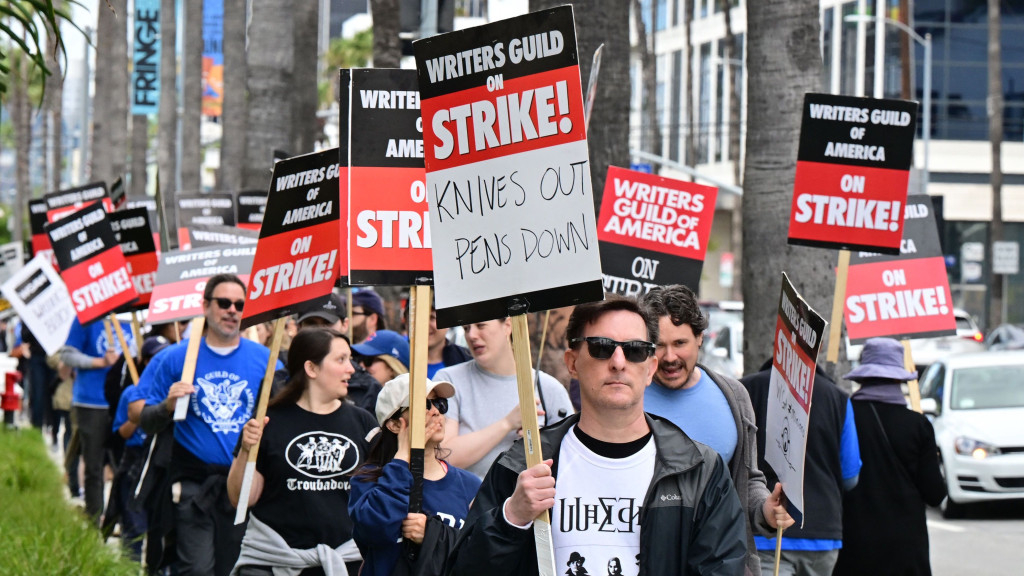
Thanks to the end of the WGA strike, late-night TV is back — and with it comes the return of musical guests to shows like The Tonight Show, The Late Show With Stephen Colbert and Jimmy Kimmel Live!
Of course, with the strike not so far in the rearview — and the SAG-AFTRA strike still ongoing — a music fan might wonder if any of the musicians’ unions has ever gone on strike, or ever will. Since there are two unions for musicians, the answer might not be as simple as you’d expect.
Has The Musicians Union Ever Gone On Strike?
As American Federation of Musicians, the union representing professional instrumental musicians in the United States and Canada, there is one strike on record: the 1942–44 musicians’ strike. This strike was predicated by disagreements over royalty payments with the major record labels. While musicians refused to record in sessions, they were still allowed to play live, allowing them to remain on strike for over two years, with the labels Decca Records, Capitol Records, RCA Victor, and Columbia eventually capitulating to the AFM’s demands. This strike in part helped cause the move away from big bands and the rise of vocalists.
Meanwhile, musicians covered under SAG-AFTRA’s music division have naturally gone on strike a number of times with the rest of their guild, including strikes in 1980, 2000, and the one currently taking place. In 1980, SAG (then a separate entity from AFTRA, which also struck in solidarity) boycotted the primetime Emmys, increasing minimum salaries and royalties for movies made for premium TV. In 2000, actors refused to appear in commercials, although many non-union actors scabbed for advertisers during that strike.
The current strike finds the guild negotiating for royalties from streaming and on limitations on the use of AI to reproduce their work. Given recent applications of the technology to music as well, one could imagine that this could also benefit musicians within the guild (and highlights the need for solo vocalists and smaller bands to start looking into forming their own union).
